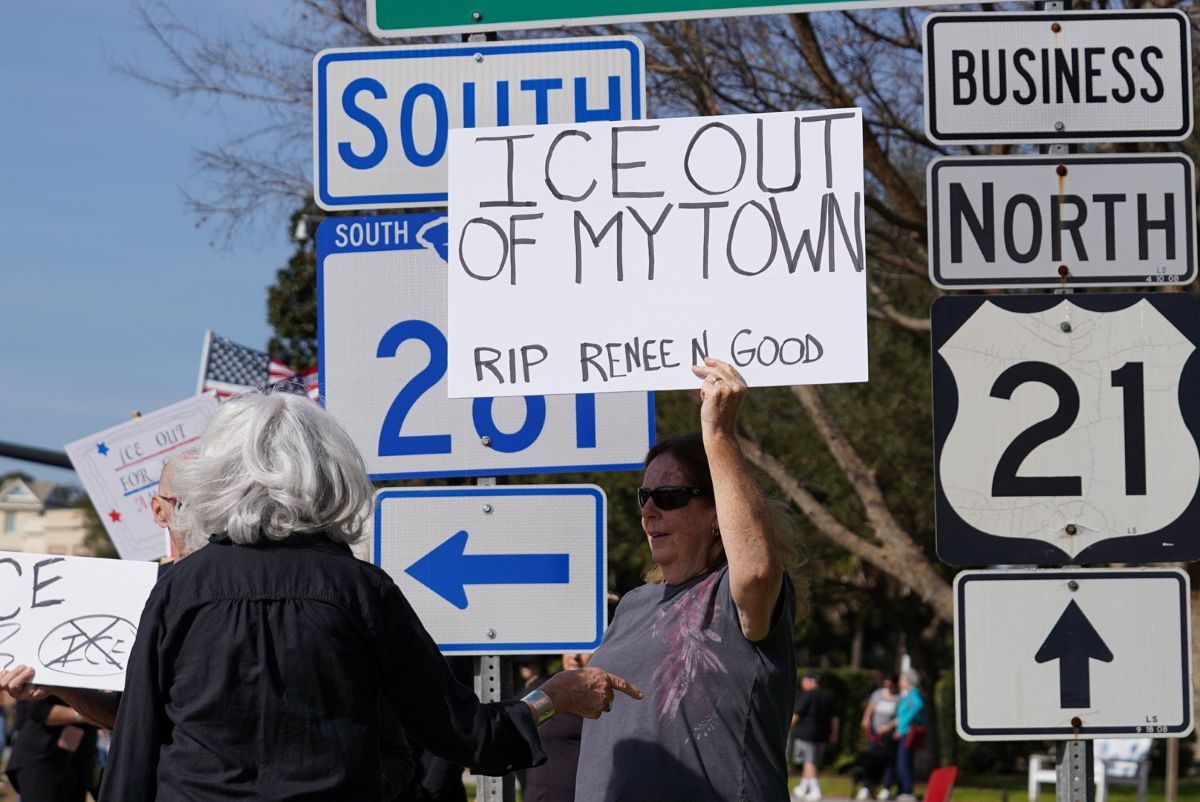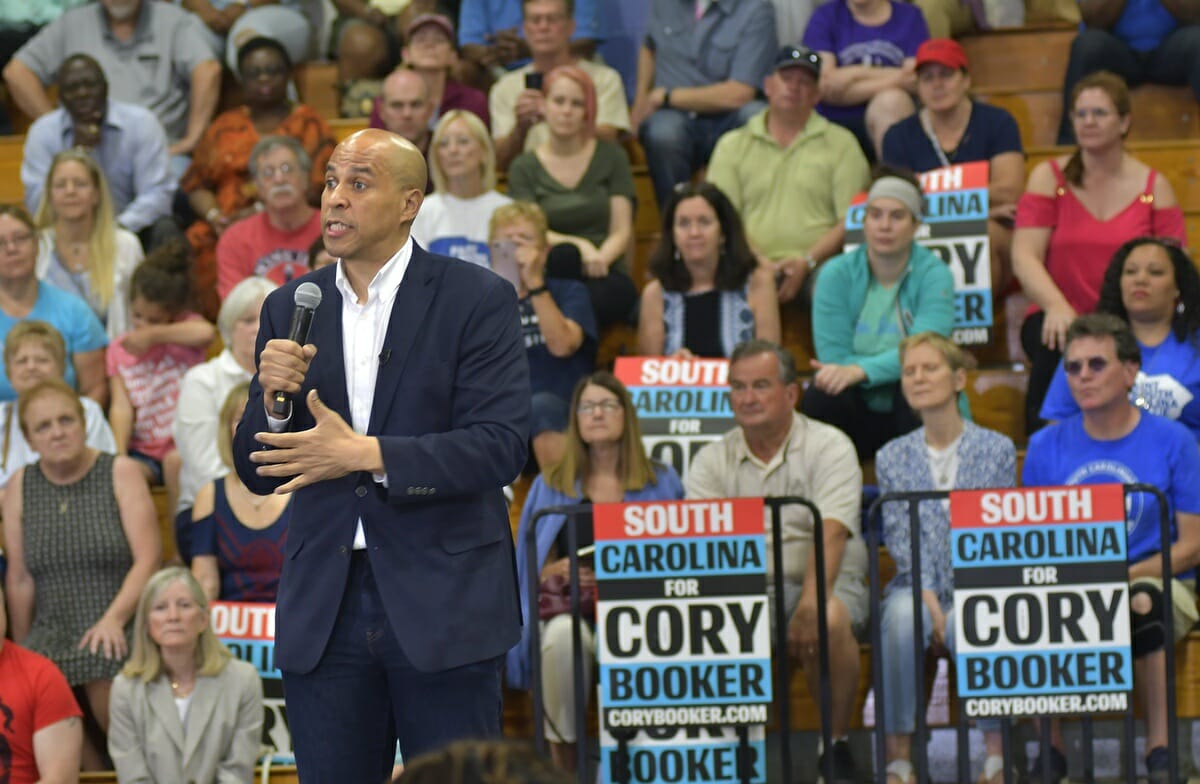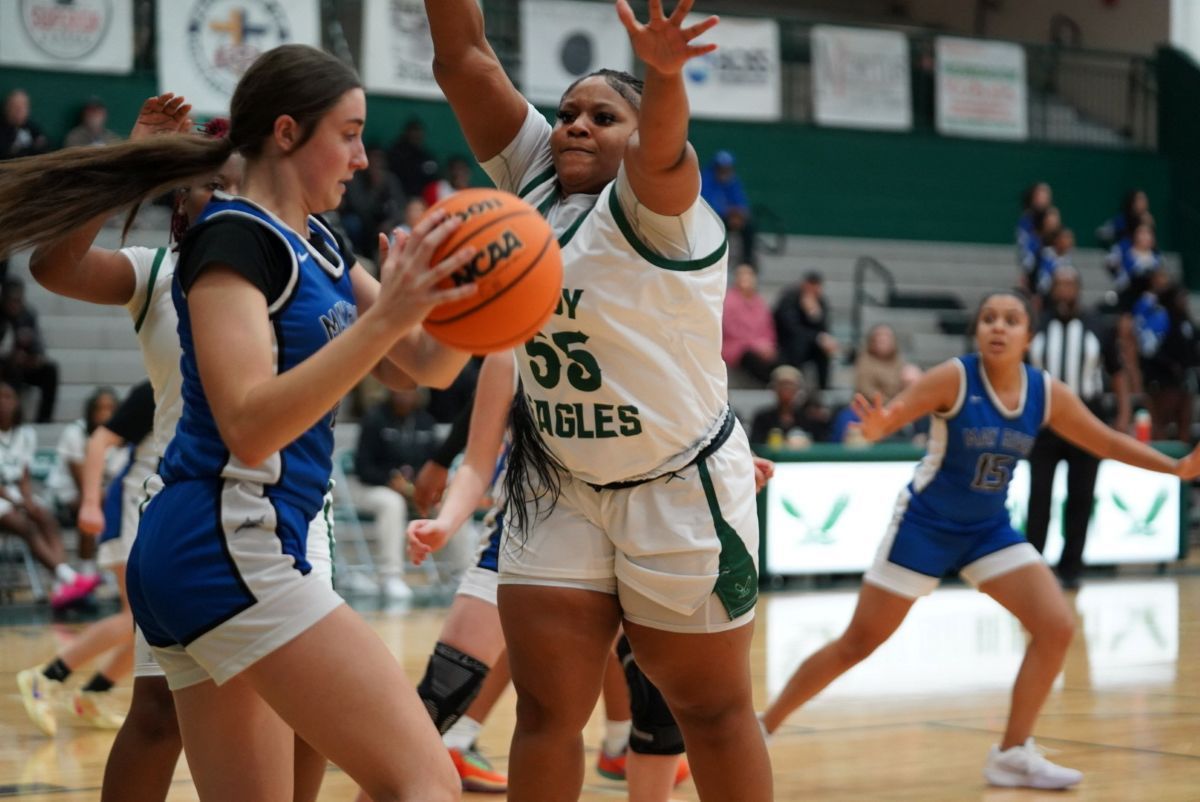By Terry Manning
Let me be clear about one thing: While Black people tend to embrace conspiracy theories more readily, they are far from the only group that does so.
There would be no QAnon; no “Stop the Steal;” no anti-vaccine movement; New World Order; replacement theory; Pizzagate; 9/11 coverups; or any number of other theories out there without the enthusiastic and sometimes manic support of non-Blacks.
These theories are propagated eagerly by people across social classes who feel they have been cheated or deprived of something they think they deserve. It only makes sense someone would figure out how to harness and utilize all this resentment energy.
Allow me to present to you: Donald John Trump, our conspiracy nut in chief. He never misses an opportunity to spin inconvenient truths into unfortunate lies. Except his conspiracies only ever seem to have one victim — himself — and proposed remedies would only ever benefit the same.
To hear him tell it, he has never lost. At anything. He either won, or he was cheated. This ranges from the 2020 presidential election back to and beyond the days his TV show “The Apprentice” didn’t win at the Emmys. He extends this logic to his legal woes.
Trump tries to leverage his false victimhood to build a consensus of people he hopes feel a connection to his perils. To some extent, it’s working. Polls within the past couple of weeks show Trump would get the thumbs-up from as much as 20 percent of Black potential voters.
HIT Strategies CEO Terrance Woodbury broke it down for The Washington Post: “There’s about 32 percent of the Black electorate that’s just cynical, frustrated, closest to the pain … They feel like they’ve been failed by both sides and they’ve been failed by a system. And that’s a part of Donald Trump’s ‘the system is broken’ message that appeals to them.”
Tragic, but understandable. What is politics if not finding people you think speak for you? Who you think feel your pain? In Trumpworld, this manifests in pretending he feels his supporters’ rage and asking them to empower him to act upon it.
Trump’s legal antics have been a decades-long high-wire act where we have watched him commit any number of outrageous acts and escape accountability by virtue of his bluster, bankroll, or combination of the two.
Black people aren’t necessarily immune to the appeal of Trump’s audacity. I have written before about the former coworker who responded to a colleague’s profane outburst by beaming and saying, “I like him. He don’t give a [expletive].”
Well before he got into politics, Trump was commonly referenced in rap lyrics as a symbol of decadent wealth. His name fit right alongside those of Frank Lucas, Bumpy Johnson, Nicky Barnes, Freeway Rick Ross, and Larry Hoover. If you don’t recognize those names, that’s not a bad thing. These men were gangsters.
To people who grew up absorbing tales of these cutthroats and kingpins, Trump fits the profile.
Even now, rappers Kanye West, Lil Wayne, and Sexxy Red support him for his efforts at prison reform. Some of these rappers likely support Trump’s tax cuts aimed at high earners like … rappers with record company checks, perhaps?
And others, as Woodbury said, are in the group of voters who don’t understand still supporting a Democratic Party they feel has under-delivered relative to the support it has enjoyed from the Black community.
But they are falling for appearance over reality. Most of Trump’s “prison reform” has been pardoning these rappers or their buddies for nonviolent offenses, while he has done nothing to address systemic sentencing inequities that harm minority communities.
And yes, the Democratic Party has under-delivered, if you’re looking for gestures that scream “For Blacks Only.” Generally speaking, Democrats have attempted to raise the tide in a way that lifts all boats — attempts like rolling back tax cuts so the wealthy can pay their fair share.
Or President Joe Biden’s push to lower drug prices; investments in infrastructure that have produced record-breaking numbers of jobs; and promoting advancements in clean energy.
Compare that to minority outreach efforts hyping gold high-top sneakers and AI-generated images of Trump hanging out with Black people.
Black history in this country should help us recognize Trump thinks of potential Black voters as just another commodity to be bought, used, and discarded.
We’ve been there before; we don’t have to go there again.
Terry E. Manning is a Clemson graduate and worked for 20 years as a journalist. He can be reached at teemanning@gmail.com.










